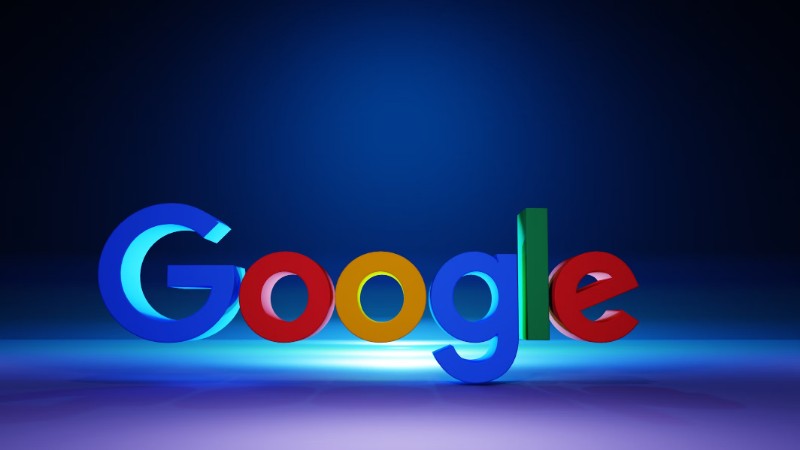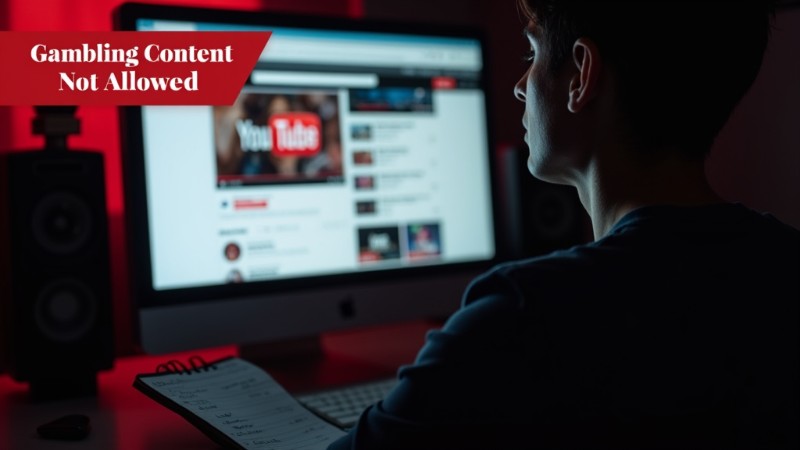Netherlands considers tougher Google adverts gambling regulations amid ongoing challenges
Policy UpdatesDutch lawmakers are urging Google to take stronger action against unlicensed gambling adverts that continue to target users in the Netherlands. Despite existing regulations from the Kansspelautoriteit (KSA), the country’s gambling authority, illegal operators are still finding ways to reach players through search results and paid ads. Proposal for stricter search and ad controls Members of Parliament Mikal Tseggai (Labour Party) and Willem Koops (New Social Contract Party) have introduced a proposal that calls for tighter controls on how gambling websites appear in search engines. They suggest that only gambling operators with a licence from the KSA should be visible in search results or allowed to advertise. Under their plan, Google and other search providers would need to verify that websites are licensed before displaying them, using a whitelist curated by the KSA. Google has responded by affirming that its current advertising policy already aligns with the local regulatory framework. The company insists that it only allows licensed gambling operators to advertise in countries where gambling is regulated, a policy it has applied in other regions such as Germany and Nigeria. However, critics, including the Dutch Quality Mark Responsible Affiliates (KVA), argue that unlicensed gambling sites still manage to circumvent these measures, often using deceptive keywords to attract Dutch users. Enforcement and industry concerns The KSA has been actively cracking down on illegal operators, most recently fining Starscream, a Saint Lucia-based gambling site, £243,600 per week for offering services without a license in the Netherlands. Another operator was hit with a £638,580 fine for failing to protect young adults from gambling harm. Since the start of 2025, the KSA has also removed 20 unlicensed gambling apps from Dutch app stores. Despite these efforts, the KVA estimates that over one million Dutch punters continue to use unregulated websites, highlighting the ongoing challenges in curbing illegal online gambling. Looking ahead to policy updates As part of the Google Ads gambling policy updates, the Dutch government is reviewing the 2021 Remote Gambling Act. There is growing pressure to introduce stricter Google Ads gambling regulations in 2025. This may include higher age limits for online slots and tighter advertising restrictions to reduce exposure to unlicensed operators and safeguard vulnerable users.









